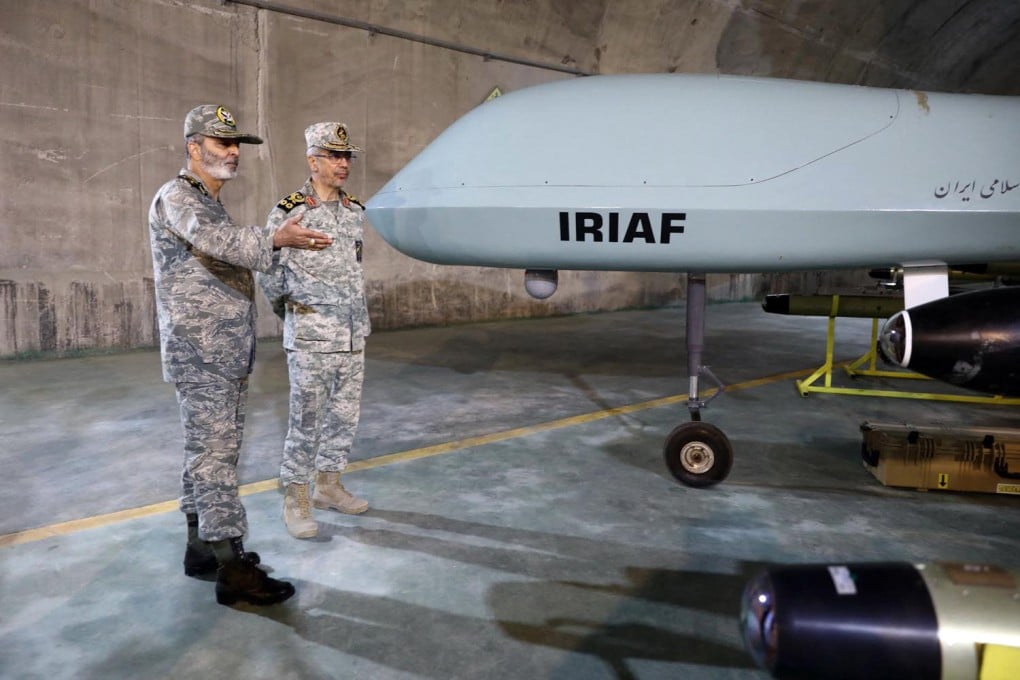Opinion | Why 40 years of US sanctions failed to keep Iran away from Russia
- Iran has insulated its economy so well that US sanctions can do little to prevent it from supplying Russia with drones and missiles
- Had the US tried to engage Iran instead, dependence on Western trade may have discouraged it from pursuing such deals

Russian President Vladimir Putin’s outreach to Iran is a strategic one. Unlike other countries, Iran can continue to supply weapons and provide technical assistance unhindered by the threat of sanctions to its weapons manufacturing facilities and the overall economy.
Iran has successfully managed to navigate US isolationist strategies for the past 40 years, and renewed international scrutiny will not deter it from lending further support to Russia.
The US State Department recently announced customary sanctions on three Iranian companies of particular interest. One, Paravar Pars Company, was accused of reverse engineering US and Israeli drones. The latest round of sanctions is a nascent attempt to isolate Iran’s domestic defence industries and prevent it from further aiding Russia in its war with Ukraine.
Iran’s drone programme has existed since the 1980s but took major leaps after 2011, when it hacked a Lockheed Martin Sentinel UAV which flew over Kashmar in northeastern Iran.
